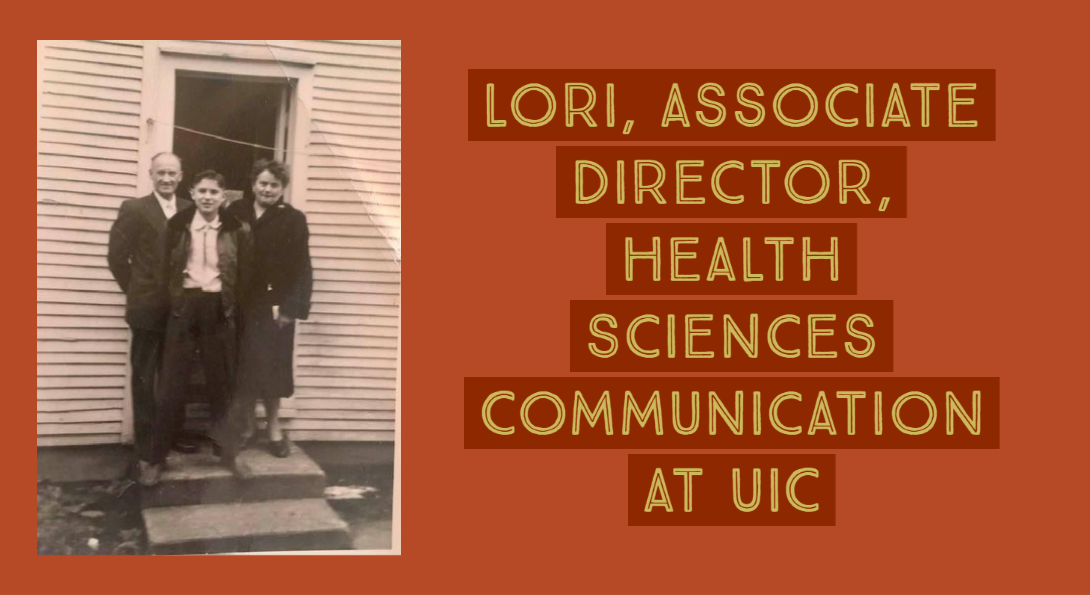Lori

Introduction
My father and his parents immigrated to the U.S., landing in Chicago in 1950 from Germany. My father was 10 when they arrived, and he quickly picked up English through watching movies and listening to songs on the radio. His parents, who spoke several languages including Polish, Russian, Lithuanian, and German, were much slower to adopt English.
By the time I was born, my father had no detectable accent -- only his name, Horst, indicated his birthplace. He always spoke German to his parents and brother. Because he and his family arrived not long after WWII, I'm guessing he wasn't exactly proud to speak the language of the enemy. My father didn't teach my sister and I German. My grandmother always spoke in broken English to us, so we rarely needed to speak German. My father translated into English whatever my grandfather said.
I took German in high school and minored in it in college. I traveled to Germany once, and I was able to communicate pretty well. I didn't keep up with my conversational German and soon I lost all but the most basic words and phrases. Now, I try to watch German movies and TV series without the subtitles just to see if I can pick it up again. (I'm getting better all the time.)
Having grown up around a bilingual family has made me appreciate the skill it takes to toggle between languages. I feel I'm extra patient with those who struggle with English, and I'm pretty good at understanding those with deep accents. When you are exposed to other languages as a kid, you tend to think about words and their meanings. I remember asking my dad goofy questions like, "do you dream in English?" or "do you have to translate everything from German to English before you speak?" or "what's the German word for [fill in the blank]." I was always fascinated with his answers. For me, having a bilingual parent made me appreciate language in such a way that it has informed my entire career as a communicator and a writer.